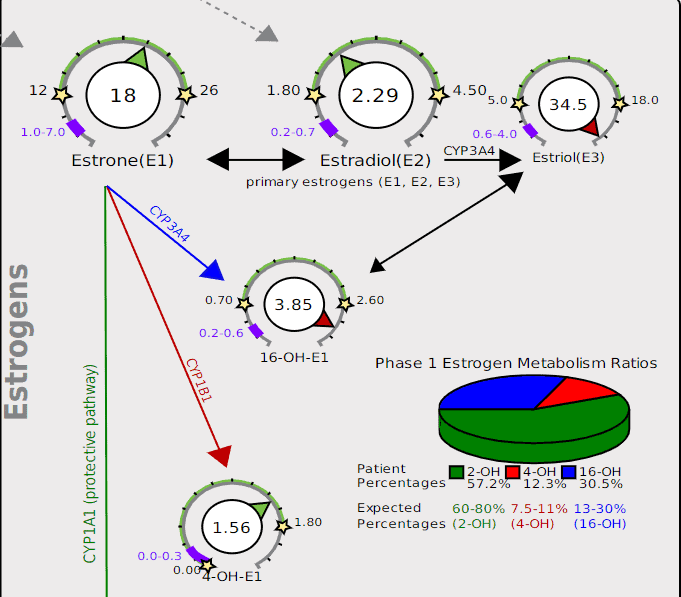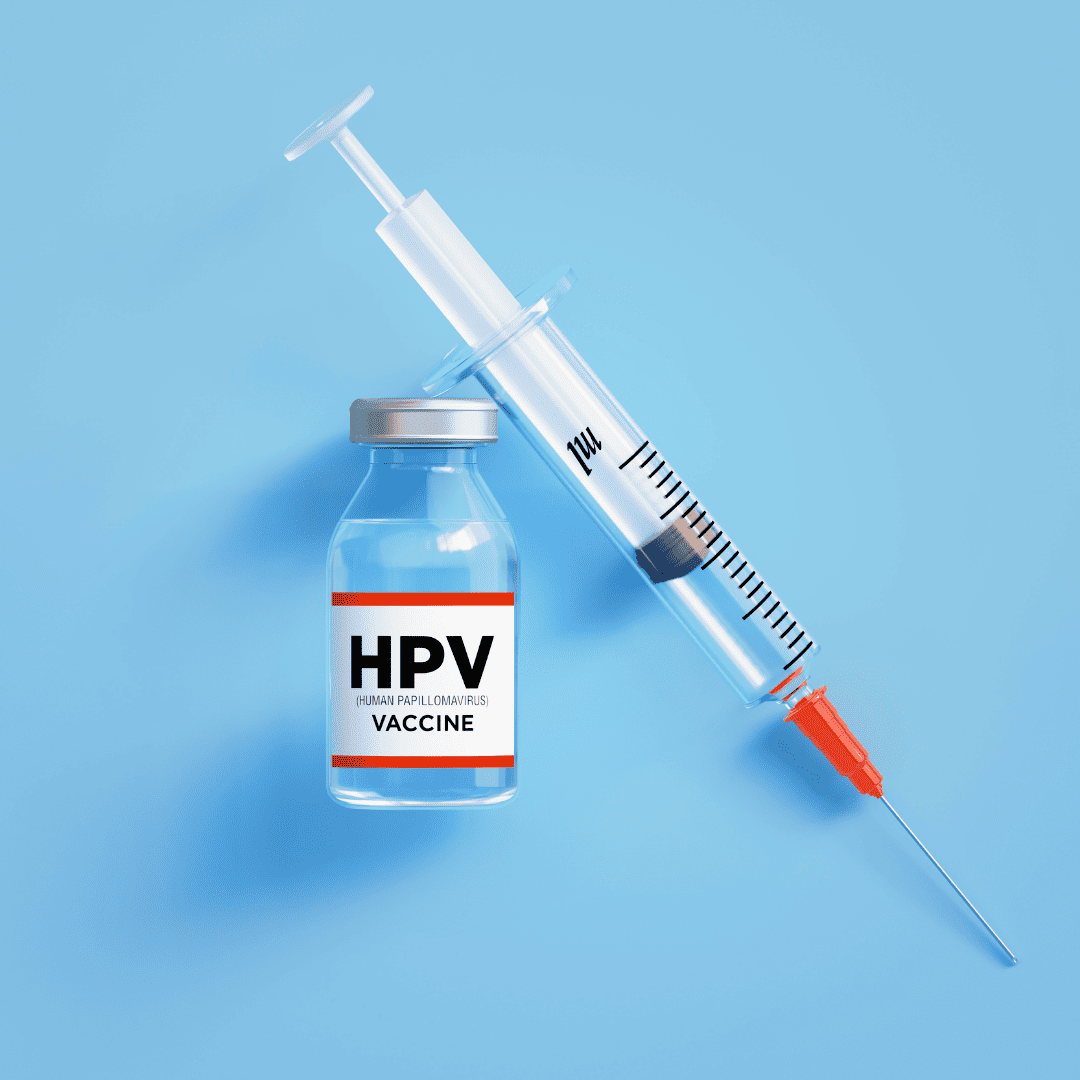Yes, I know I’ve talked about hormone replacement therapy (HRT) before, but I thought it was time to do it again as it continues to factor into SO many people’s lives.
Especially with Suzanne Somers’ recent death from breast cancer with brain metastasis. She was a HUGE proponent of bioidentical hormones and fought to help keep them accessible. I appreciated her as a powerful advocate for sure! But I’m not gonna lie, I was ALWAYS concerned with her continued use of hormones up until her death. I’m not saying that played a role in her early death, but I do wonder…
I still cannot believe the number of clients that come to me for “hormone issues” who have obviously seen other doctors – some come to me loaded up on all sorts of hormones pills or creams or pellets injected into their booty muscles. This NEEDS to be discussed more and more because I fully believe that people are being harmed (or put in harm’s way). Many of these practitioners are not looking at the whole picture of hormonal detoxification pathways and simply making promises of the “great results” of hormone replacement.
With groups like A4M (American Academy of Anti-Aging Medicine) and IFM (Institute for Functional Medicine) pumping out “functional practitioners” left and right and training them predominately on the benefits (including financial) of using bioidentical hormones in one’s practice it’s no surprise that so many are moving in that direction. I even heard one practitioner say, “Every woman should be on estrogen their whole life!”.
WHAT?!?!?!
One of the more popular HRTs these days is testosterone pellets. They inject you with numbing solution then make a small incision in your upper/outer buttock and insert the pellets within the fatty tissue. These pellets slowly release testosterone for 3-6 months then you get new ones inserted. And many of these “testosterone pellet doctors” focus solely on testosterone and usually don’t look at how the testosterone is being metabolized downstream. They often don’t know how/where it is being shunted – which can very likely be one of the three estrogens and further into a dangerous mix of estrogen metabolites that increase cancer and inflammation risk. Usually, I will see that some previous bloodwork was ordered showing testosterone (and maybe estradiol) levels. But there is SO much more to the picture than that!
The problem is that about 85% of women I see who have had testosterone pellets inserted regret doing so within a month or two. Either they’ve developed new symptoms, or it didn’t address the original symptoms. And the removal process is costly, so they leave them in and decide against getting new ones. But now they are stuck with the extra testosterone for 3-6 months until they are fully dissolved. But it’s being touted as the “cure-all” when many women are left disappointed and often more inflamed.
Of course, if your holistic practitioner suggests it then it MUST be good, right?? Well, I beg to differ!
Over the almost 20 years of my practice, I have had changing opinions of HRT. In my early years I sometimes prescribed bioidentical estrogens, progesterone and testosterone to my patients (about 25%). But I NEVER prescribed them mixed together.
Let me explain why.
In my career I have NEVER found a person needing all three of those hormones at once. If you are striving for hormonal “balance” then can you achieve balance by just elevating ALL levels? Doesn’t that put you in the same place of imbalance but now with higher values?
Hormones are meant to be in balance – NOT JUST ELEVATED!
And if hormones are truly needed then mixing them together (for the convenience of the client) never allows you to remove one at a time when you have symptoms – and I’ll tell you the clients I see ALL have symptoms eventually.
Messing around with hormone balance is a very delicate and serious matter. Most functional practitioners use a saliva or blood test to prescribe the dosage. THIS IS THE BIGGEST PROBLEM! You do NOT see the full picture of detox pathways. Both blood and saliva fail to accurately capture the important phases of estrogen and testosterone detox and can quickly put a person in harm’s way.
Are you aware that all the hormones intermingle? Testosterone will quickly convert to estrogen. If you are a poor “estrogen detoxer” then you can very easily have a downstream “logjam” of estrogen metabolites. You may have all of the symptoms of estrogen dominance, but blood/saliva tests don’t show it – heavy periods, feeling puffy, swollen belly, clotty or painful periods, endometriosis, fibroids, adenomyosis. And for men – poor libido, feeling inflamed, feeling weak, all the “low T” symptoms but your testosterone may be testing “normal”.

As practitioners we must understand that when you give one hormone you can EASILY have a domino effect on the others. Sometimes I wonder how prescribers don’t know (or care) about this. We can’t just be amped up on hormones because a simple blood or saliva test says it’s “low”. There’s so much more to hormones than that!
Do you know how many women and men are put in harm’s way daily?
Do you know how many women (mainly) come to me because they now have cancer that is hormone-mediated?
Do you know how many men and women are jacked up on hormones for energy or libido and their practitioner doesn’t bother to see how well that person metabolizes those hormones?
These days I put less than 2% of my clients on hormones. And that’s usually only occasional progesterone cream.
We work on detoxifying estrogen more than any other hormonal work. Helping that person break down estrogen and prevent the conversion of testosterone to estrogen is key.
Do you see the theme? A lot of my concern over bioidentical hormones lies in estrogen detox pathways. But if you are a woman you are led to believe that you NEED estrogen (and testosterone) as you age. Don’t you think if we NEEDED these hormones as we age then our bodies would naturally be producing them?
But then I have some clients who say “But I DO need estrogen! I have all the symptoms of estrogen deficiency!” “Estrogen deficiency” symptoms are actually hormonal imbalance symptoms!
We MUST put greater thought into accepting treatments from any doctor these days. We need to use common sense and think about how to optimize the body’s ability to function properly without adding tons of things to it.
The longer I practice the more I realize the importance of addressing the foundational imbalances and focus on correcting broken pathways that allow the body to be in a balanced state.
LESS IS MORE!
Be Safe!
Dr. K
INTERESTED IN CHATTING WITH DR. KELLEY CLICK ON THE BUTTON BELOW 🙂

